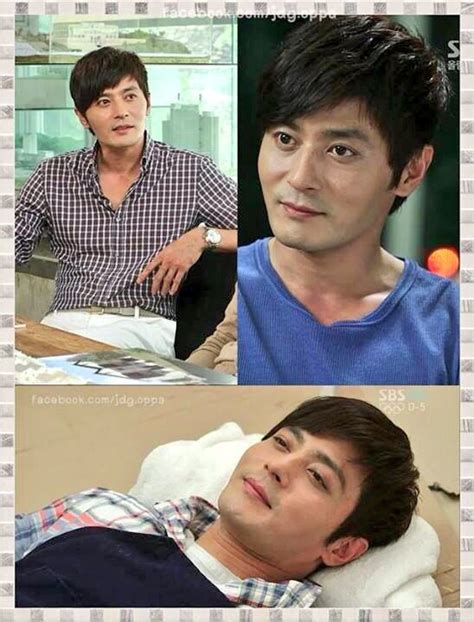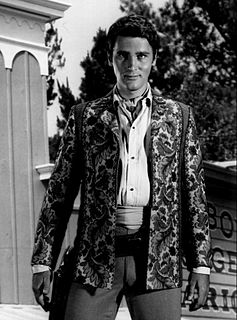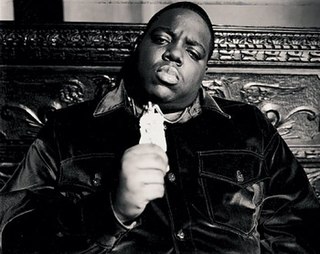A Quote by Nicholas Sparks
He always apologized, and sometimes he would even cry because of the bruises he'd made on her arms or legs or her back. He would say that he hated what he'd done, but in the next breath tell her she'd deserved it. That if she'd been more careful, it wouldn't have happened. That if she'd been paying attention or hadn't been so stupid, he wouldn't have lost his temper.
Related Quotes
It was not enough to be the last guy she kissed. I wanted to be the last one she loved. And I knew I wasn’t. I knew it, and I hated her for it. I hated her for not caring about me. I hated her for leaving that night, and I hated myself , too, not only because I let her go but because if I had been enough for her, she wouldn’t have even wanted to leave. She would have just lain with me and talked and cried, and I would have listened and kissed at her tears as they pooled in her eyes.
Yet losing him seemed unbearable. He was the one she loved, the one she would always love, and as he leaned in to kiss her, she gave herself over to him. While he held her close, she ran her hands over his shoulders and back, feeling the strength in his arms. She knew he’d wanted more in their relationship than she’d been willing to offer, but here and now, she suddenly knew she had no other choice. There was only this moment, and it was theirs.
She expected the pain, when it came. But she gasped at its sharpness; it was not like any pain she had felt before. He kissed her and slowed and would have stopped. But she laughed, and said that this one time she would consent to hurt, and bleed, at his touch. He smiled into her neck and kissed her again and she moved with him through the pain. The pain became a warmth that grew. Grew, and stopped her breath. And took her breath and her pain and her mind away from her body, so that there was nothing but her body and his body and the light and fire they made together.
She began now to comprehend that he was exactly the man who, in disposition and talents, would most suit her. His understanding and temper, though unlike her own, would have answered all her wishes. It was an union that must have been to the advantage of both: by her ease and liveliness, his mind might have been softened, his manners improved; and from his judgement, information, and knowledge of the world, she must have received benefit of greater importance.
If she took Po as her husband, she would be making promises about a future she couldn't yet see. For once she became his wife, she would be his forever. And, no matter how much freedom Po gave her, she would always know that it was a gift. Her freedom would be not be her own; it would be Po's to give or to withhold. That he never would withhold it made no difference. If it did not come from her, it was not really hers.
Her library would have been valuable to a bibliophile except she treated her books execrably. I would rarely open a volume that she had not desecrated by underlining her favorite sections with a ball-point pen. Once I had told her that I would rather see a museum bombed than a book underlined, but she dismissed my argument as mere sentimentality. She marked her books so that stunning images and ideas would not be lost to her.
Saint Teresa, as the Roman Rota attests, never fell into any mortal sin; but still Our Lord showed her the place prepared for her in Hell; not because she deserved Hell, but because, had she not risen from the state of lukewarmness in which she lived, she would in the end have lost the grace of God and been damned.
That was the dirty secret associated with her past. Not that she'd been abused but that somehow she felt that she deserved it because she'd let it happen. Even now, it shamed her, and there were times when she felt hideously ugly, as though the scars that had been left behind were visible to everyone.
Tessa had begun to tremble. This is what she had always wanted someone to say. What she had always, in the darkest corner of her heart, wanted Will to say. Will, the boy who loved the same books she did, the same poetry she did, who made her laugh even when she was furious. And here he was standing in front of her, telling her he loved the words of her heart, the shape of her soul. Telling her something she had never imagined anyone would ever tell her. Telling her something she would never be told again, not in this way. And not by him. And it did not matter. "It's too late", she said.
Audrey, it seems to me, never strove or hoped to leave a lasting legacy with her films - she was far too modest for that. But what I think she would have wanted, had she been given more time, would have been to continue her work for children because she knew that is a task with so much to be accomplished.
Will only looked at her. There had been light in his eyes on the stairs, as he'd locked the door, when he'd kissed her--a brilliant, joyous light. And it was going now, fading like the last breath of someone dying. She thought of Nate, bleeding to death in her arms. She had been powerless then, to help him. As she was now. She felt as if she were watching the life bleed out of Will Herondale, and there was nothing she could do to stop it.
She had always been a reader… but now she was obsessed. Since her discovery of the book hoard downstairs from her job, she’d been caught up in one such collection of people and their doings after the next…The pleasure of this sort of life – bookish, she supposed it might be called, a reading life – had made her isolation into a rich and even subversive thing. She inhabited one consoling or horrifying persona after another…That she was childless and husbandless and poor meant less once she picked up a book. Her mistakes disappeared into it. She lived with an invented force.
My mom is from Jamaica and she was going to school in the morning, and in the evening she was working, and at night she would go to night school and then come in and go to sleep. So she would never watch the news and stuff like that and she didn't know what crack was. She didn't know nothing about it, but when I told her I was selling crack, she threatened to kick me out of the house. And then I just started paying for stuff - paying her bills and giving her money, so she'd just tell me to be careful because there was nothing she could do to stop it.
She laughs and looks out the window and I think for a minute that she's going to start to cry. I'm standing by the door and I look over at the Elvis Costello poster, at his eyes, watching her, watching us, and I try to get her away from it, so I tell her to come over here, sit down, and she thinks I want to hug her or something and she comes over to me and puts her arms around my back and says something like 'I think we've all lost some sort of feeling.
She was obviously useful at the UN because she had a public persona before she ever got there. She was well known. She was a spokeswoman for many important things. When she got there, what she said was paid attention to, undoubtedly much more than would have been if just Joe Blow had been made our representative to the United Nations. In that sense, I think it was useful to have her there.


































